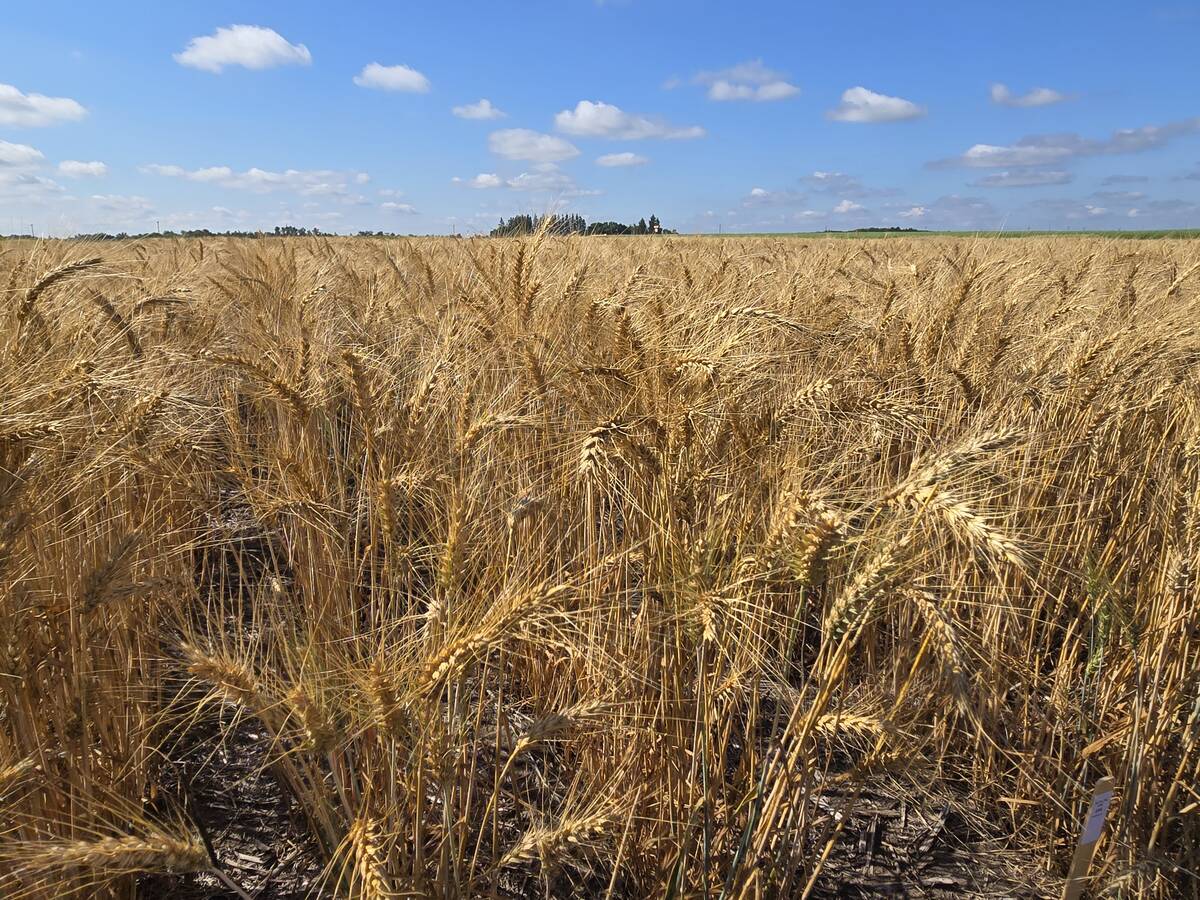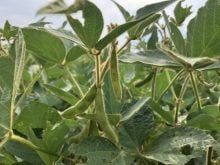A new agricultural model is gradually emerging in North America that will see alliances formed between farmers, research partners and end users, a banking conference was told last week.
Brian Hayward, chief executive officer of United Grain Growers, told a banking conference Oct. 2-3 that these alliances will be formed to create products, rather than to sell commodities along a chain.
He compared farmers to small, specialized parts suppliers who contract with auto manufacturing giants like General Motors.
He said it won’t be long before farmers will buy specialized seed “bundled” with other services and requirements in a contract with grain companies or food manufacturers.
Read Also

Fall rye hits record high in Manitoba
Winter cereals 2025: More Manitoba fields grew fall rye in 2025 than ever before, but winter wheat slipped and, while spring stand survival was good, drought took its toll
Financing for the seed, inputs and services will be the glue holding the bundle together, he said, pointing out that grain companies are already providing that kind of financing to farmers.
“I see no reason why this trend is going to be stopped,” he said.
Hayward said there will be fewer farmers in the future for grain companies to form partnerships with.
This new generation will treat farming more as a business than a way of life, he added. They will be better educated and more insistent on getting access to experts, which is why UGG has developed enhanced services for its customers.
“We’re not finding a lot of resistance, even in these economic times, when they’re asked to pay (for the services).”
However, he said farmers are less loyal to grain companies now because of geographical distances and quick access to information from the internet.
“He’s just one click away – that fast – from going to someone else.”
He said grain companies will have to foster a sense of “one-on-one marketing” to retain customers.
Hayward said his company has positioned itself as a link between farmers, researchers like Pioneer Hybrid, and end users like UGG’s part-owner Archer Daniels Midland.
“For a little company in a desolate part of the world, we have done a few things to attract some attention.”
He described how UGG found itself in dire financial straits 10 years ago.
By going public, the company received the financing it needed to overhaul an antiquated computer system. UGG is now recognized for its information technology, said Hayward.
It also removed some of the politics from the business.
When UGG was a co-op, directors’ meetings took up two days each month, he said. Now, they are three hours each quarter.
“Going public is not a panacea,” said Hayward, wryly noting his stock options aren’t making him rich.














